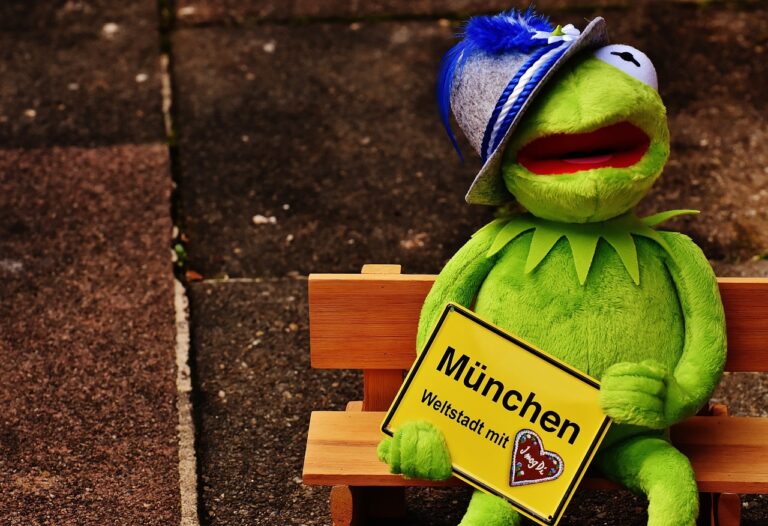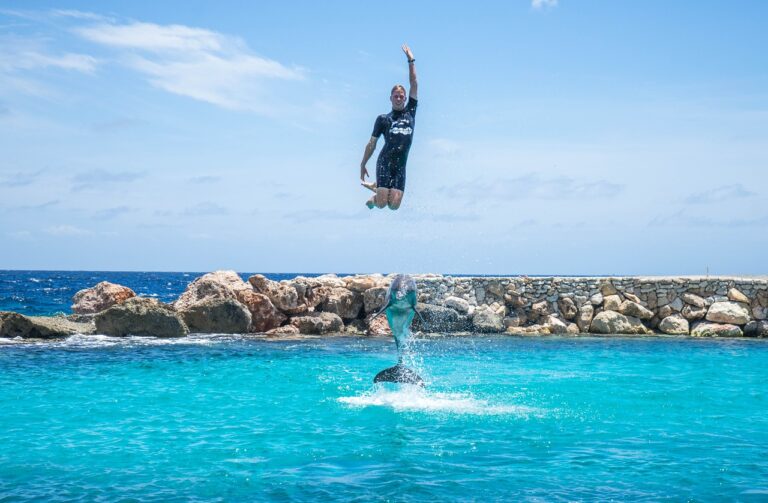Historical Reenactment Training and Education: Skills and Techniques: 11xplay, Gold365.win, Skyexchange registration
11xplay, gold365.win, skyexchange registration: Historical reenactment is a popular hobby that allows individuals to step back in time and experience historical events firsthand. Whether you’re recreating a battle from the Civil War or portraying life in a medieval village, historical reenactment requires a unique set of skills and techniques. In this article, we’ll explore some key aspects of historical reenactment training and education.
Research
The first step in preparing for a historical reenactment is research. Whether you’re portraying a specific individual or a general sense of the time period, it’s essential to have a solid understanding of the historical context. Read books, watch documentaries, and consult experts in the field to ensure your portrayal is as accurate as possible.
Costume and Equipment
One of the most important aspects of historical reenactment is the authenticity of your costume and equipment. From clothing to weapons, every detail should be historically accurate. Invest in high-quality materials and craftsmanship to truly bring your character to life.
Physical Training
Historical reenactment often requires physical stamina and strength, especially for battle reenactments. Training in combat techniques, horseback riding, and other physical skills can help you better embody your character and enhance the overall experience for both yourself and spectators.
Character Development
In addition to physical training, it’s important to develop your character’s backstory and personality. Consider your character’s motivations, relationships, and personal history to create a well-rounded portrayal. This will not only enhance your performance but also deepen your connection to the historical period you’re recreating.
Acting Techniques
Historical reenactment is a form of acting, and techniques such as improv, voice projection, and stage presence can greatly improve your performance. Consider taking acting classes or working with a coach to hone your skills and bring authenticity to your portrayal.
Workshops and Events
Attending workshops and participating in historical reenactment events are excellent ways to further your training and education. These opportunities allow you to learn from experienced reenactors, network with others in the community, and gain hands-on experience in a supportive environment.
FAQs
Q: How do I find historical reenactment groups in my area?
A: A quick online search or reaching out to local historical societies is a great place to start. Many groups also have active social media presences and can provide information on upcoming events.
Q: Do I need to have prior experience to participate in historical reenactment?
A: While prior experience can be helpful, many groups welcome newcomers and offer training opportunities for those new to the hobby.
Q: How can I ensure my portrayal is historically accurate?
A: Research is key. Consult primary sources, historical experts, and fellow reenactors to ensure your costume, equipment, and actions are authentic to the time period you’re portraying.
In conclusion, historical reenactment training and education encompass a wide range of skills and techniques. By investing time and effort into research, costume and equipment, physical training, character development, acting techniques, and participation in workshops and events, you can enhance your reenactment experience and create a more immersive portrayal of history. Whether you’re a seasoned reenactor or new to the hobby, there’s always something new to learn and explore in the world of historical reenactment.







